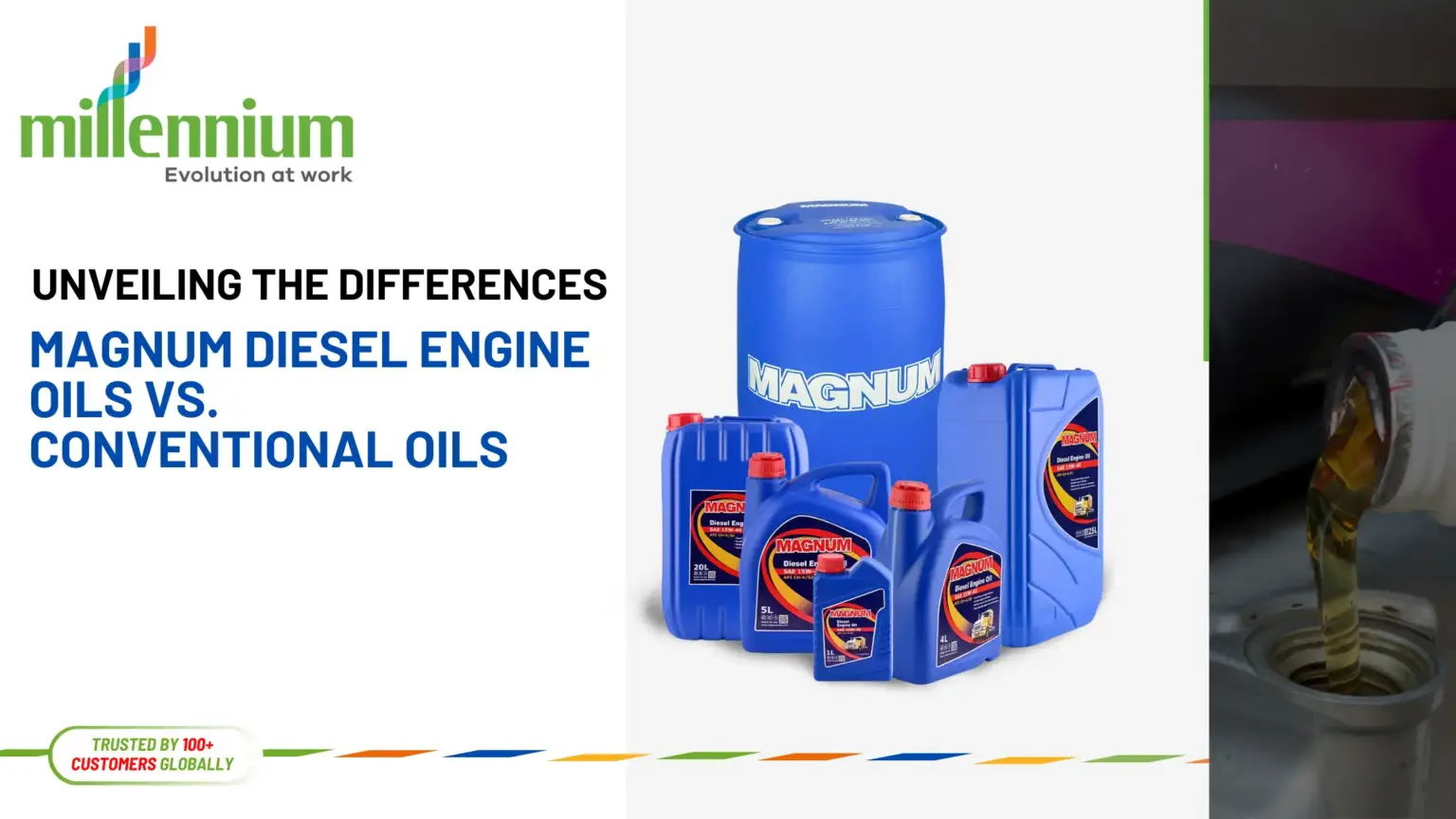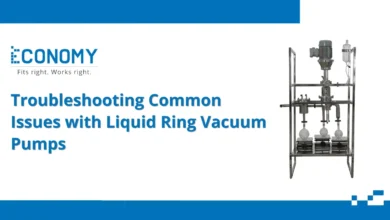Magnum Diesel Engine Oils vs. Conventional Oils: Unveiling the Differences

Diesel engine oils are crucial for the smooth operation and longevity of diesel engines, particularly in heavy-duty and commercial applications. Choosing the right oil can significantly impact engine performance, fuel efficiency, and overall durability. In recent years, the development of specialized oils like Magnum Diesel Engine Oils has raised the bar for engine protection, leaving conventional oils to compete. This article explores the key differences between Magnum Diesel Engine Oils and conventional oils, helping you make an informed decision for your engine’s needs.
Exploring Diesel Engine Oil: A Comprehensive Guide
Diesel engine oil is specifically designed to meet the demands of diesel-powered engines. These oils perform several essential functions, such as lubricating engine components, reducing friction, controlling temperature, and preventing the build-up of sludge and deposits. Diesel engine oils must also neutralize the acidic byproducts of combustion and help prevent corrosion.
The right diesel engine oil must provide superior wear protection, handle high temperatures, and resist oxidation. As diesel engines are typically subjected to heavier loads and longer operating hours, they require oils that offer enhanced stability and protection compared to those used in gasoline engines. This is where specialized oils like Magnum Diesel Engine Oils differentiate themselves from conventional counterparts.
MAGNUM Diesel Engine Oils: Features and Benefits
MAGNUM Diesel Engine Oils are designed to meet the challenges posed by modern diesel engines, particularly those equipped with advanced emissions control technologies such as Diesel Particulate Filters (DPFs) and Selective Catalytic Reduction (SCR) systems. These oils incorporate cutting-edge additive technology and formulations aimed at optimizing engine performance while complying with the strictest emissions standards.
Key Features and Benefits:
- Low-SAPS Formulation: MAGNUM oils feature a low-SAPS (sulfated ash, phosphorus, and sulfur) composition, making them ideal for engines with DPFs and other aftertreatment systems. This prevents clogging and extends the life of emissions control devices.
- Improved Oxidation Resistance: Designed to withstand high operating temperatures, MAGNUM oils offer superior oxidation resistance, reducing sludge and deposit formation even under heavy-duty operation.
- Enhanced Wear Protection: By incorporating advanced anti-wear additives, MAGNUM Diesel Engine Oils provide robust protection to critical engine components, ensuring extended engine life.
- Fuel Efficiency: MAGNUM oils help improve fuel economy by reducing internal friction, leading to smoother engine operation and lower fuel consumption.
- Extended Drain Intervals: MAGNUM Diesel Engine Oils are formulated to provide longer-lasting protection, allowing for extended oil change intervals, which reduces downtime and maintenance costs.
Conventional Oils: Pros and Cons
Conventional diesel engine oils, often derived from mineral-based stocks, have been the standard for decades. They are generally more affordable than synthetic or semi-synthetic oils like MAGNUM Diesel Engine Oils but come with certain limitations.
Pros:
- Cost-Effective: Conventional oils are typically less expensive than their synthetic counterparts, making them an appealing choice for budget-conscious operators.
- Adequate for Older Engines: In some older diesel engines, conventional oils may perform adequately if the engine lacks modern emissions control systems and does not operate under extreme conditions.
Cons:
- Higher Tendency for Degradation: Conventional oils tend to break down more quickly under high heat, leading to oxidation, sludge formation, and increased wear.
- Shorter Drain Intervals: They require more frequent oil changes, resulting in higher maintenance costs and increased downtime.
- Limited Performance: Conventional oils may struggle to provide adequate protection in engines subjected to heavy loads, high temperatures, or prolonged operation, leading to higher risks of engine damage.
Comparison: MAGNUM Diesel Engine Oils vs. Conventional Oils
When comparing MAGNUM Diesel Engine Oils vs. Conventional Oils several key factors highlight the superiority of the former:
- Engine Protection: MAGNUM oils offer advanced protection against wear, sludge, and deposits, particularly in modern engines with aftertreatment systems. Conventional oils, while effective in basic lubrication, fall short in offering long-term protection under extreme conditions.
- Emissions Compatibility: MAGNUM Diesel Engine Oils are formulated to support modern emissions control technologies, while conventional oils can contribute to DPF clogging and exhaust system damage due to higher sulfur and ash content.
- Oil Life: MAGNUM oils are designed for extended drain intervals, reducing the frequency of oil changes, while conventional oils degrade more quickly, requiring more frequent maintenance.
- Fuel Efficiency: The advanced formulation of MAGNUM oils helps improve fuel economy by reducing friction, a benefit that conventional oils lack.
Factors to Consider For MAGNUM Diesel Engine Oils Vs. Conventional Oils
When deciding between MAGNUM Diesel Engine Oils and conventional oils, consider the following factors:
- Engine Age and Technology: If your diesel engine is equipped with modern emissions control systems like DPFs or SCRs, a low-SAPS oil like MAGNUM is essential. For older engines without these technologies, conventional oils may suffice.
- Operating Conditions: For engines subjected to extreme loads, high temperatures, or extended operation, the superior protection and stability of MAGNUM oils are necessary. Conventional oils may degrade quickly under these conditions, leading to engine damage.
- Maintenance Schedule: If you aim to reduce downtime and maintenance costs, MAGNUM Diesel Engine Oils offer longer drain intervals, saving both time and money compared to conventional oils, which require more frequent changes.
- Budget: While MAGNUM oils may have a higher upfront cost, their extended oil life and enhanced performance provide long-term savings in maintenance and fuel efficiency.
Conclusion
MAGNUM Diesel Engine Oils stand out in terms of performance, protection, and compatibility with modern diesel engines. While conventional oils may still have their place in older engines or less demanding applications, MAGNUM’s advanced formulation provides a range of benefits that make it the better choice for modern engines operating under stringent emissions standards and heavy-duty conditions. Investing in MAGNUM Diesel Engine Oils ensures not only improved engine longevity but also compliance with evolving environmental regulations and a more cost-effective maintenance routine in the long run.





